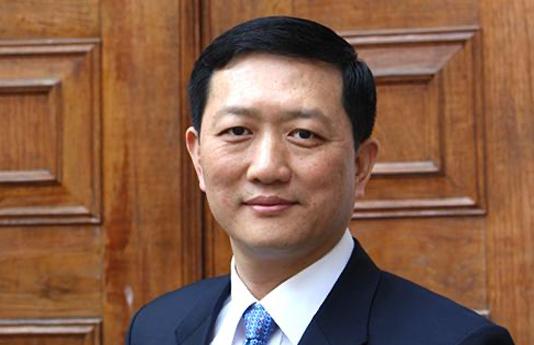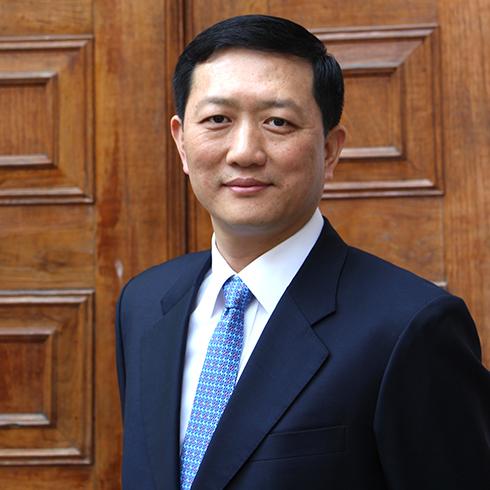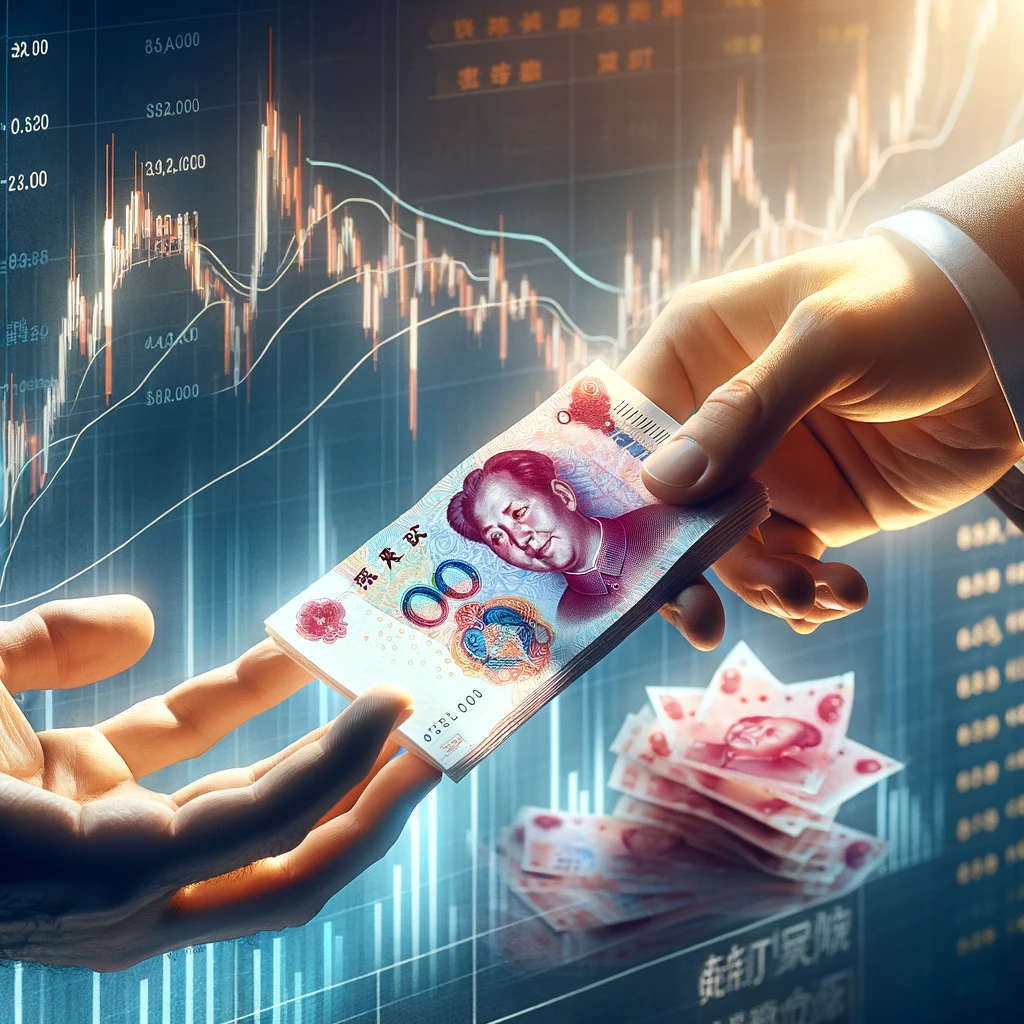Accounting for nearly a third of the world’s population and almost 30 percent of global GDP, the Regional Comprehensive Economic Partnership (RCEP), concluded in November 2020, drew its 15 signatories from Asia Pacific into the world’s largest trading bloc. Initially conceived by ASEAN as a means of bringing its pre-existing regional trade partners together under a comprehensive economic agreement, RCEP is expected to add US$200 billion to global GDP annually by 2030.
With the ratification of the RCEP, CKGSB Professor of Strategy and Economics, Tao Zhigang comments on the likely impact of this agreement to the region’s economy and its practical implications for businesses operating in the region. While questions remain about how all 15 signatories can ensure equitable influence within RCEP, the opportunities this agreement represents for businesses and Asia Pacific’s regional economy are clear.
We asked Professor Tao, who specializes in international economics, protectionism and regional specialization, what he thinks of RCEP.

-
How do you think RCEP will reshape the value chain in the Asia-Pacific region?
China Japan and South Korea will have more collaboration in production under RCEP. This is because among the three countries there was no bilateral agreement between Japan and China and no bilateral agreement between Japan and South Korea. Through RCEP these three countries will have more extensive trade agreement under which they could organize their production wherever the costs are the lowest and service to the local economies the easiest. Given the size of the Chinese economy, RCEP will give other members of RCEP easier access to the Chinese market which will help the whole Asian region to grow faster.
-
How do you think Chinese firms will leverage RCEP to seek further economic growth, especially with the slowdown of the Chinese economy?
There will be at least two major ways through which RCEP can benefit Chinese economy or Chinese firms. Chinese firms will become more Asian by relocating some of their production to RCEP countries such as Indonesia or Vietnam. This could allow Chinese firms to become more cost competitive. Chinese economy will benefit if their firms become more competitive.
The second channel through which RCEP can boost the Chinese economy is that other RCEP countries will be able to serve the Chinese consumers by offering products at lower prices. Chinese consumers will gain more consumption with less spending and keep the remaining money as saving and investment.
-
What do you think China will do to make sure that RCEP is sustainable? With China’s manufacturing moving off-shore and the economy transitions to a high-tech, service based economy, do you think we will see discontent within the manufacturing hubs in China, like the discontent we have seen in the US rustbelt?
Chinese firms will generally benefit from globalization just like how American firms have benefited. Chinese consumers will also benefit from cheaper goods. However there could be losers throughout this process, such as low-skilled workers who might become unemployed due to factories being moved to other parts of Asia. What is critical to the sustainability of any trade agreement is to ensure redistribution programs are in place to help those who get displaced in the process. It could be training programs or better social welfare. This is why the Chinese government is emphasizing common prosperity. I am confident China will navigate through this new round of globalization.
-
What are some of the challenges you see for China in RCEP?
My own research has shown the increase in negative reporting of China in various parts of Asia especially after Covid19. What this means is that there is much more China needs to do to make sure the rest of Asia benefit from the rise of China. This could be done by opening the Chinese market wider (so RCEP countries could benefit and so do Chinese consumers) or by having Chinese firms invest in various RCEP countries and help local economies to move up the value chains. China’s strategy of teaching Indonesia how to make covid vaccine is a step in the right direction. It is one thing to give away vaccine and it is so much better if you teach others how to make vaccine.






















